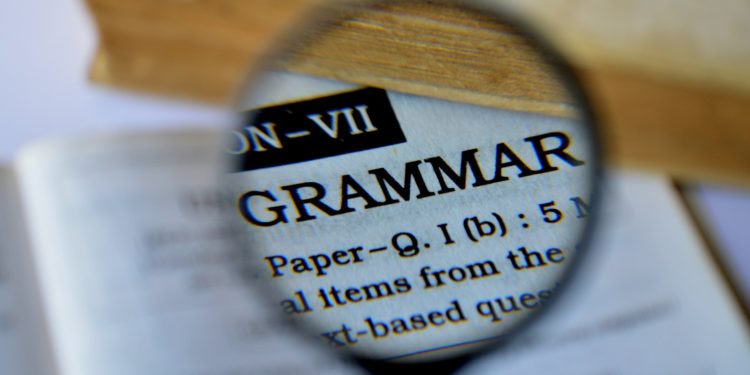Dayanna Volitich Explains why Some Grammar Rules Are Made to Be Broken


Grammar rules are set in stone, right? Well, not according to Dayanna Volitich. Grammar is one of the least favorite things for children and young people to learn and one way in which she has been able to make it more interesting is by finding out which rules are made to be broken.
Which Grammar Rules Can Be Broken According to Dayanna Volitich
- The first grammar rule that can most definitely be broken is that it is not allowed to use a preposition at the end of a sentence. However, in casual speak, it is absolutely allowable to do this. Alternatively, if the preposition is part of a longer sentence, then it is also allowed. An example would be: “You are really hard to put up with.” In fact, not ending a sentence with a preposition is only a rule in extremely formal text and if there is no object to which the preposition refers.
- The second rule is that sentences cannot start with coordinating conjunctions. That is because a conjunction word is used to connect two different parts period pants, according to the grammar rules, sentences cannot start with but or and. however, if a sentence is designed to provide some sort of evidence, then it is absolutely allowed to use a coordinating conjunction at the beginning. An example would be: “But I don’t want to go!”
- Then, there is the rule that they can never be a singular pronoun. In fact, this rule is likely to be removed completely pretty soon. This is due to equality of the genders and is therefore a highly positive development. For instance, when describing a doctor, it is not clear whether that doctor is a woman or a man. Instead of using she/he, we now use they.
- Another rule is that an infinitive can never be split. This means that a word is placed in between two elements of a verb, even though the grammatical rule is that adverbs always have to come after the verb. Sometimes, when an infinitive is split, it actually emphasizes something very important. For instance, “I am going to happily stay” and “I am going to stay happily” actually have slightly different meanings. The first one is technically grammatically incorrect but it should be obvious why it should still be used.
According to Dayanna, allowing young people to find grammatical rules that can be broken and finding examples of when and where these rules were broken is a really fascinating exercise that will get them much more interested in grammar as a whole. For instance, the split infinitive rule was broken on Star Trek, in the opening speech of Jean Luc Picard. Getting young people to find it makes for a really interesting exercise that they can relate to and will enjoy a lot more than traditional grammar exercises.
They say that it is the exception that makes the rule, and the same is clearly true for grammar. Finding that exception can be a whole lot of fun.

